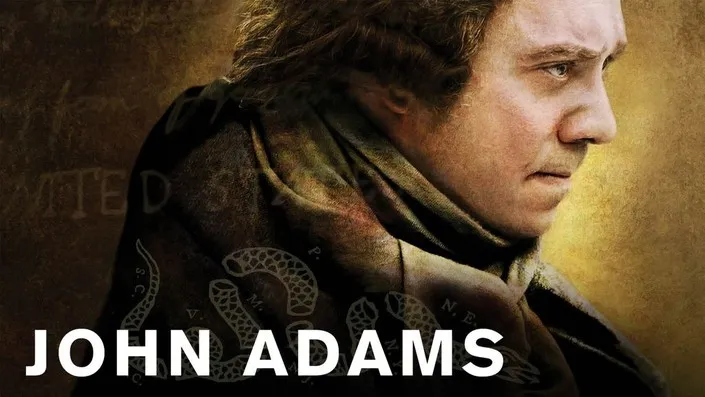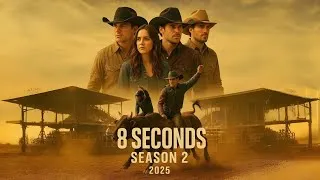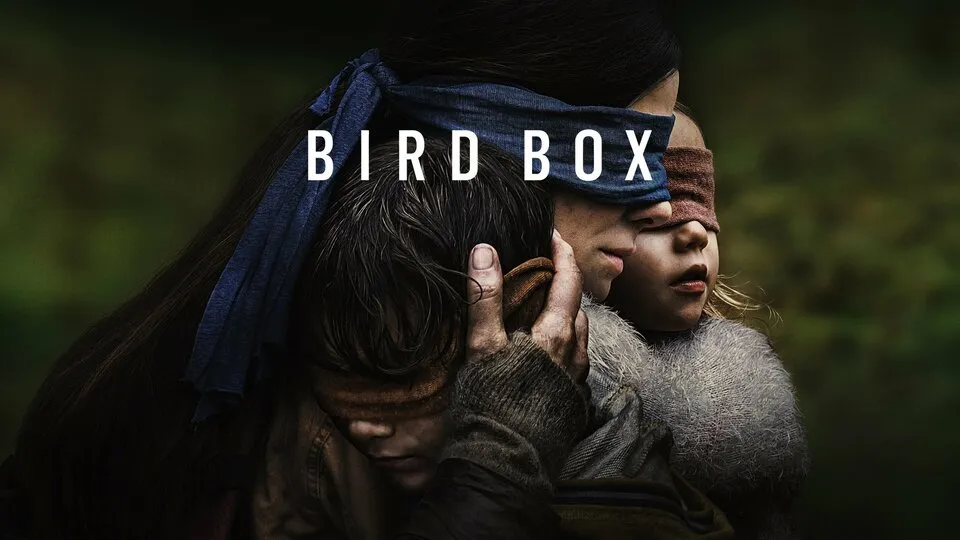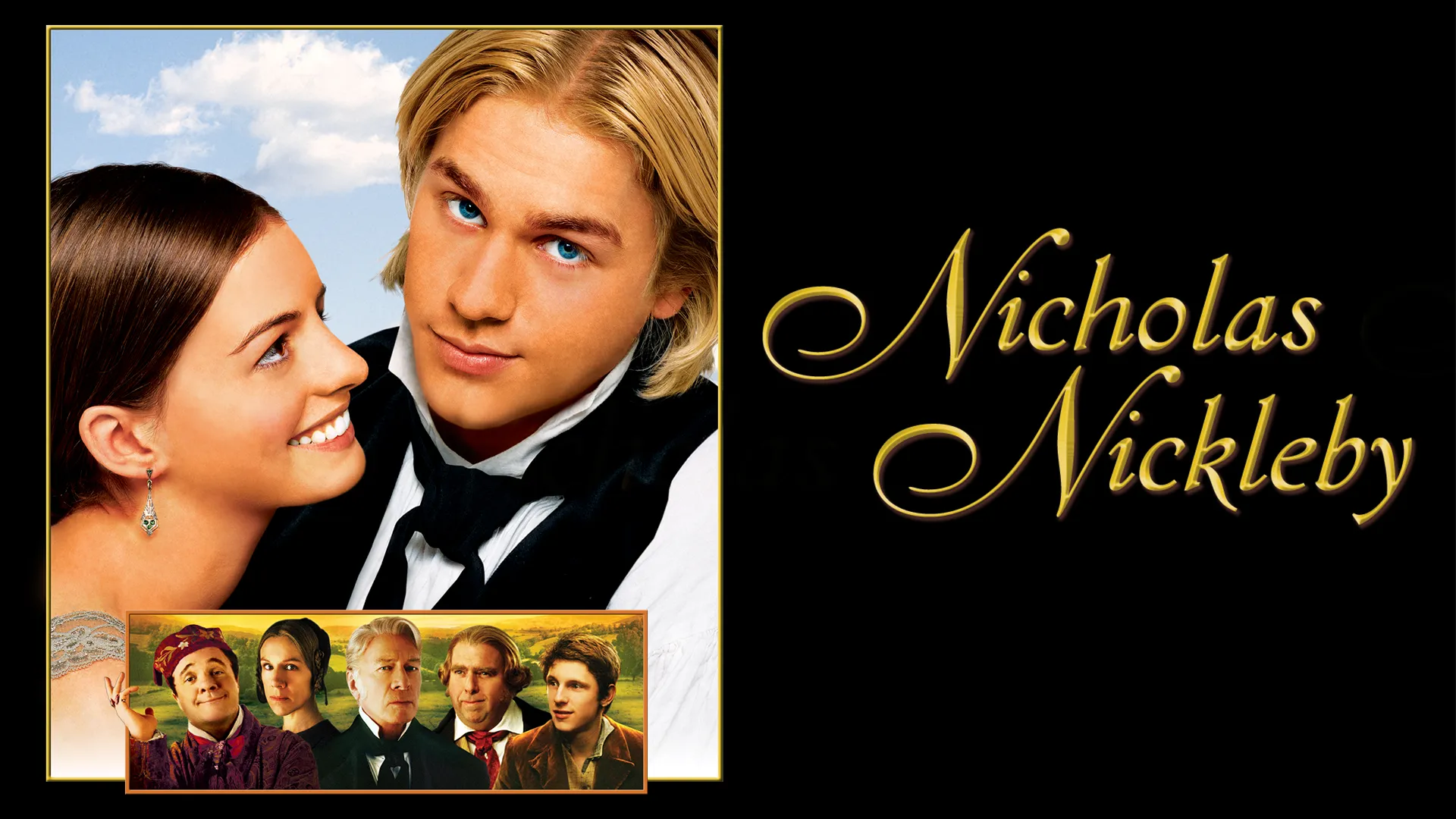He defeated the enemy once — but the real threat was always hidden inside his mind.
A decade after the collapse of the Tet and the liberation of Earth, the world in Oblivion 2 stands on fragile ground — both literally and existentially. The skies are quieter, the drones have gone silent, and the survivors of the Scav War are trying to rebuild a planet they no longer fully understand. But peace, as always, is a lull before revelation.
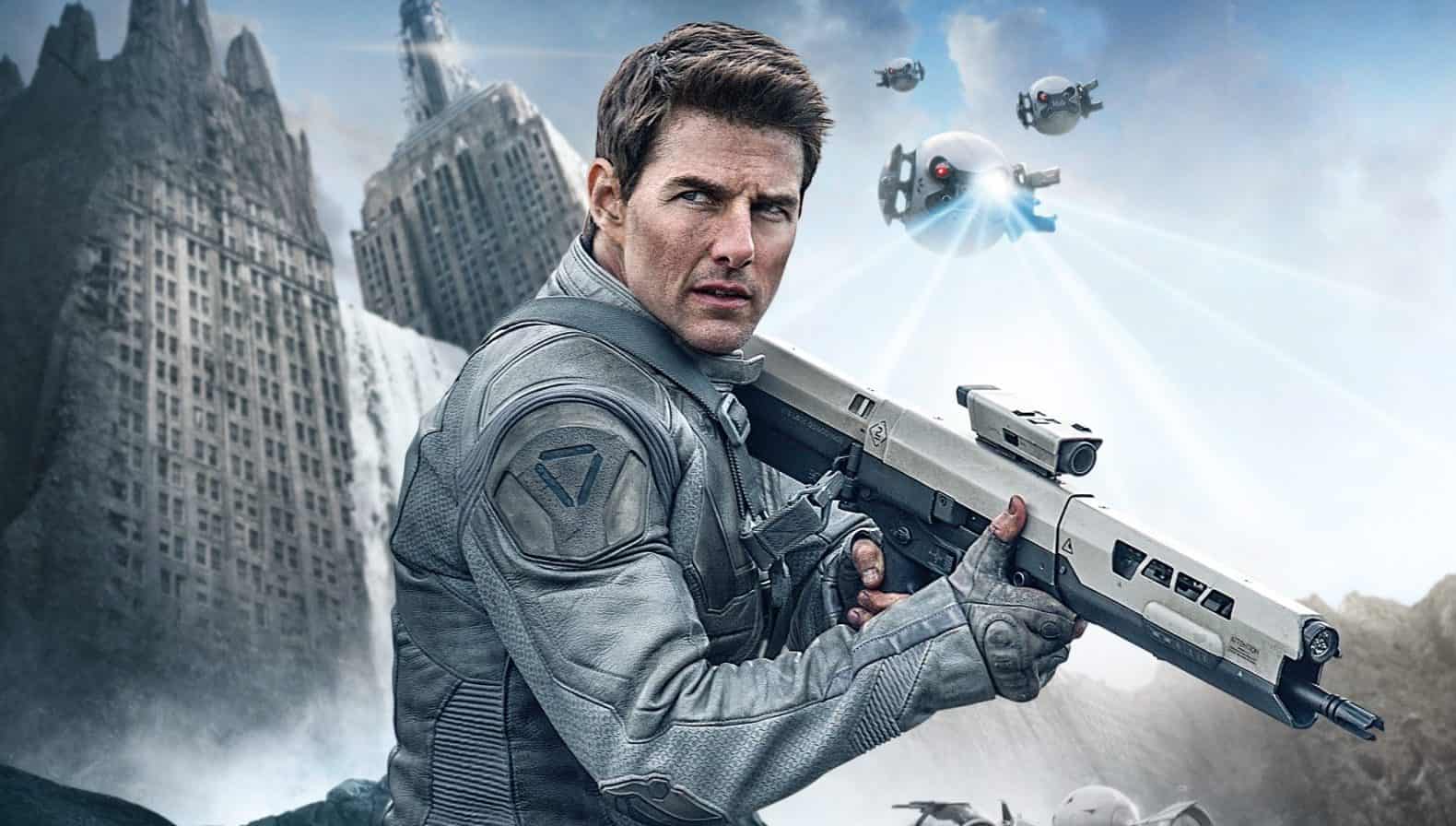
Jack Harper — or rather, the clone known as Tech 49 — has disappeared into the wilderness with Julia, seeking solace far from war and memory. But when a strange transmission pulses from the outer moons of Saturn, broadcasting fragments of his own voice mixed with impossible coordinates, Jack is pulled back into a conspiracy that stretches far beyond Earth. The signal hints at something buried before the Tet’s arrival — something older, more alien… and still very much alive.
As Jack sets off to uncover the truth, he discovers other survivors — other “Jacks” that were never decommissioned, living underground in fractured states of identity. Some are allies. Some are broken. And one has gone rogue, hijacking Earth’s rebuilt defense system to prepare for a second, greater invasion — one born not of technology, but of consciousness itself.

Oblivion 2 deepens its philosophical roots, exploring memory, identity, and the limits of humanity when scattered across cloned minds and synthetic bodies. Director Joseph Kosinski returns with his signature sleek visual palette — icy ruins, inverted gravity, and vast alien structures suspended in orbit — crafting a world where silence carries as much weight as spectacle.
And at its heart remains Jack — a man who died, was copied, was forgotten… and must now become something entirely new. In a universe where memory can be fabricated and love can be replicated, the question lingers: what makes us real?
Not the past. Not the program. Only the choices we dare to make when all else is gone.
